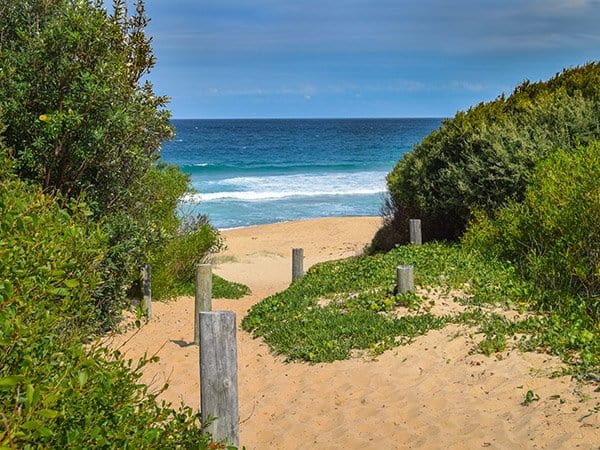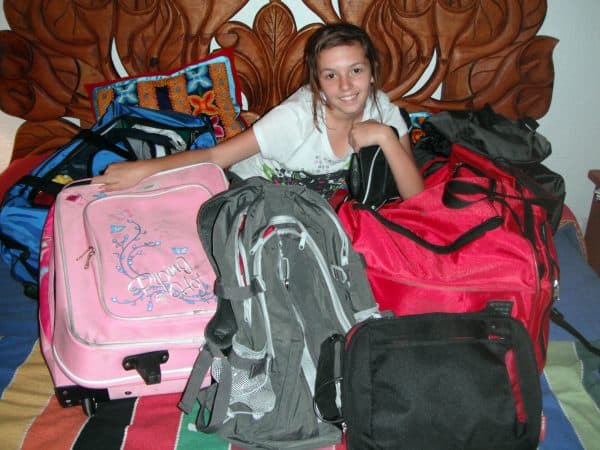How to Maximise Your Travel While Working Full-time

Do you long for the unlimited travel opportunities that await when you finally retire, but then realise that it’s still a few years away? That damn job of yours keeps getting in the way of your dream becoming reality.
But all is not lost! While you may not be able to travel as often as you really want to, there are ways to maximise your travel while still working full-time. We have been doing it for years and now we want to share our tips with you.
The benefits of travel while working full-time
First things first, why even bother trying to travel while working full-time? Isn’t it better to save more money so you can eventually live out that retirement dream?
Sorry, that wasn’t really a serious question. As the saying goes… Travel is the one thing you spend money on that always makes you richer. But beyond the obvious thrill of seeing new places, travel can actually enhance your work life too. If you have to work, you may as well make the best of a bad thing.
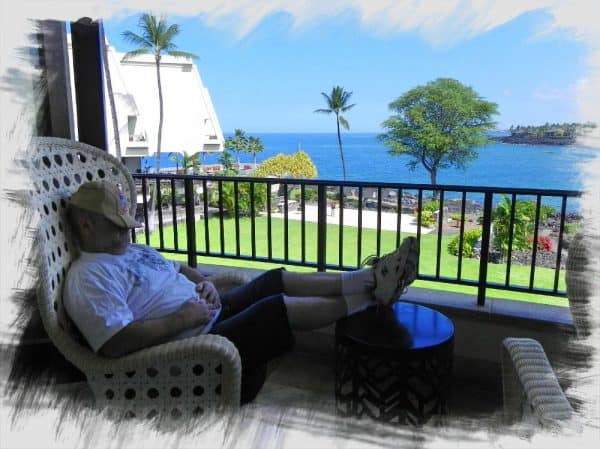
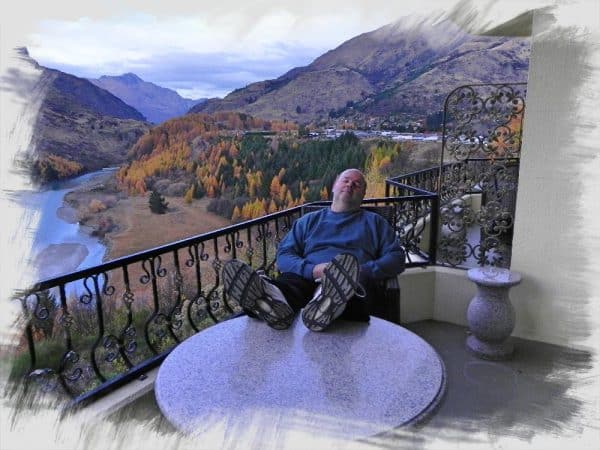
1. Enhancing Productivity and Workplace Happiness
Now that I’ve dipped into the cliche bin I may as well go all out. Here is another one… All work and no play, blah, blah, blah. Those sayings have stood the test of time for a reason, and they are more relevant today.
Then there’s the story of the old lumberjack who was once the faster logger in the camp, but now he seems to be working twice as hard to keep up with the new guys.
When he was asked why he was working so much harder than the others he said that his saw wasn’t as sharp as it once was and so it takes more work to get through the tree.
He was then asked why he didn’t stop and sharpen it, to which he replied that if he stopped the other guys would get ahead of him. He had become so caught up in his work that he couldn’t see that slowing down and recharging, or sharpening his saw, would actually improve his performance later.
After all that, my point is that if you take the time to travel you will come back to work reinvigorated. Or at worst, you will come back to work with some great stories and memories to get you through the workdays.
2. Reducing Burnout and Improving Mental Health
Burnout is real, and it can creep up on anyone who’s grinding away at a full-time job. Travel is a perfect antidote. Even a short weekend getaway can help reduce stress, improve your mood, and prevent burnout. It’s like hitting the reset button on your mental health.
Do you really plan on working flat-out until the day you retire, with that plan of travelling the world when that day comes? Chances are that you will be so exhausted, burnt out, or stressed that you may not be up to travel at all.
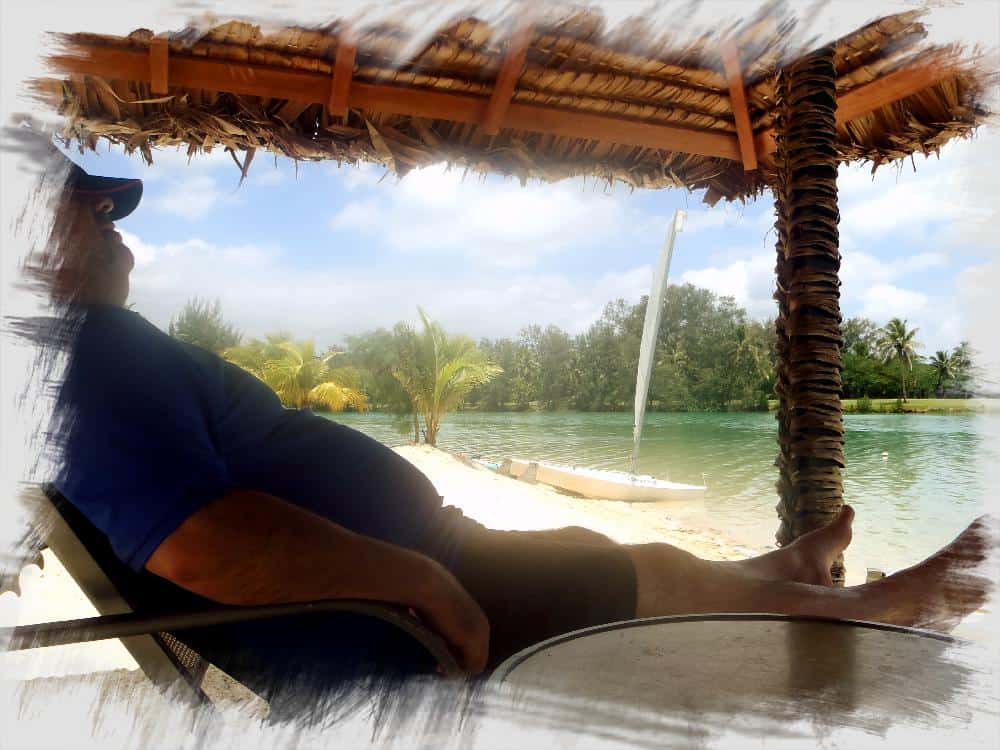

3. You Have An Income to Spend on Travel
Sure it’s possible that most of your income goes towards your everyday expenses, but having a full-time income at least puts you in a position to change your budget and put money aside for travel.
There are plenty of people who work part-time, or not at all, that simply don’t have any way to save money to travel, no matter how much they try to rework their spending habits.
So stop saying “I can’t afford to travel”, and rework into the question “what do I need to change to be able to afford to travel?”. Once again, it comes down to priorities.
4. It Can Make the Work Day Go More Quickly
If you know that you have an upcoming trip, even if it’s an extended weekend away, starting a daily countdown seems to have the effect of making the days at work pass more quickly.
Often we start the countdown 100 days before our trip and it’s amazing how soon you are down to just a few days. It makes us look back and wonder where all that time went.
Planning Your Travels Around Your Work Schedule
Now that you’ve seen some of the benefits, let’s get serious. How do you actually maximise travel around your work schedule? All it takes is a bit of creativity and strategy.
Leveraging Public Holidays and Weekends
One of the easiest ways to squeeze in more travel is by taking advantage of public holidays and weekends. Plan travel around long weekends where you can get more days off without burning through your vacation days.
Leaving straight after work on a Friday night and returning late the following Monday leaves plenty of time to explore a new destination, or revisit an old favourite.
Of course the choice of destinations may vary depending on where in the world you live and work, but everywhere has at least a few interesting places with a relatively short flight or drive from home.
If you live in Europe or Southeast Asia you are spoiled for choice, and even those of you from the USA have a lot of diverse options domestically, in Mexico, even potentially Europe, Mexico or Central America.
The options may be more limited to us in Australia since we live so far from the rest of the world, but we have one big advantage that I will get to later.
Strategically Using Personal and Vacation Days
Your vacation days are precious, so use them wisely. Instead of taking a full week off, consider spreading out your vacation days to extend long weekends. This way, you can take multiple shorter trips throughout the year, which can feel like you’re travelling all the time.
If it is possible for you to accumulate vacation days for more than just a year, maybe take have of your days off one year using the method above, and then take a much longer break the following year.
This is where the advantage of being an Aussie worker comes into play. With our 4 weeks of leave per year, it can easily be built into some incredible travel opportunities.
For several years when Pauline and I were both working full time we used this method to have some amazing long vacations including one 6-week European Christmas Markets road trip, and two other 6-week trips to USA and Mexico.
Every second year we would only use 2 weeks or our annual leave to travel, taking in places in the South Pacific, New Zealand, or Southeast Asia. The places we could get to more quickly.
Incorporating Remote Work
If your job allows it, remote work could be a game-changer. Choose destinations that offer reliable internet and set up a remote workspace. This way, you can do your work and explore new places during your off hours.
It’s the perfect blend of work and play, especially if the time difference means your work hours do not interfere with the best time of day to enjoy your temporary new home.
Take a Sabbatical
It is becoming more common these days for employers to be more flexible with work hours. And in many cases even allowing employees to take time off without pay and still have a job waiting for them when they return.
There are plenty of studies showing employees who take a sabbatical and travel come back as better workers. So don’t be afraid to run this idea past your boss. The worst that can happen is that they say no!
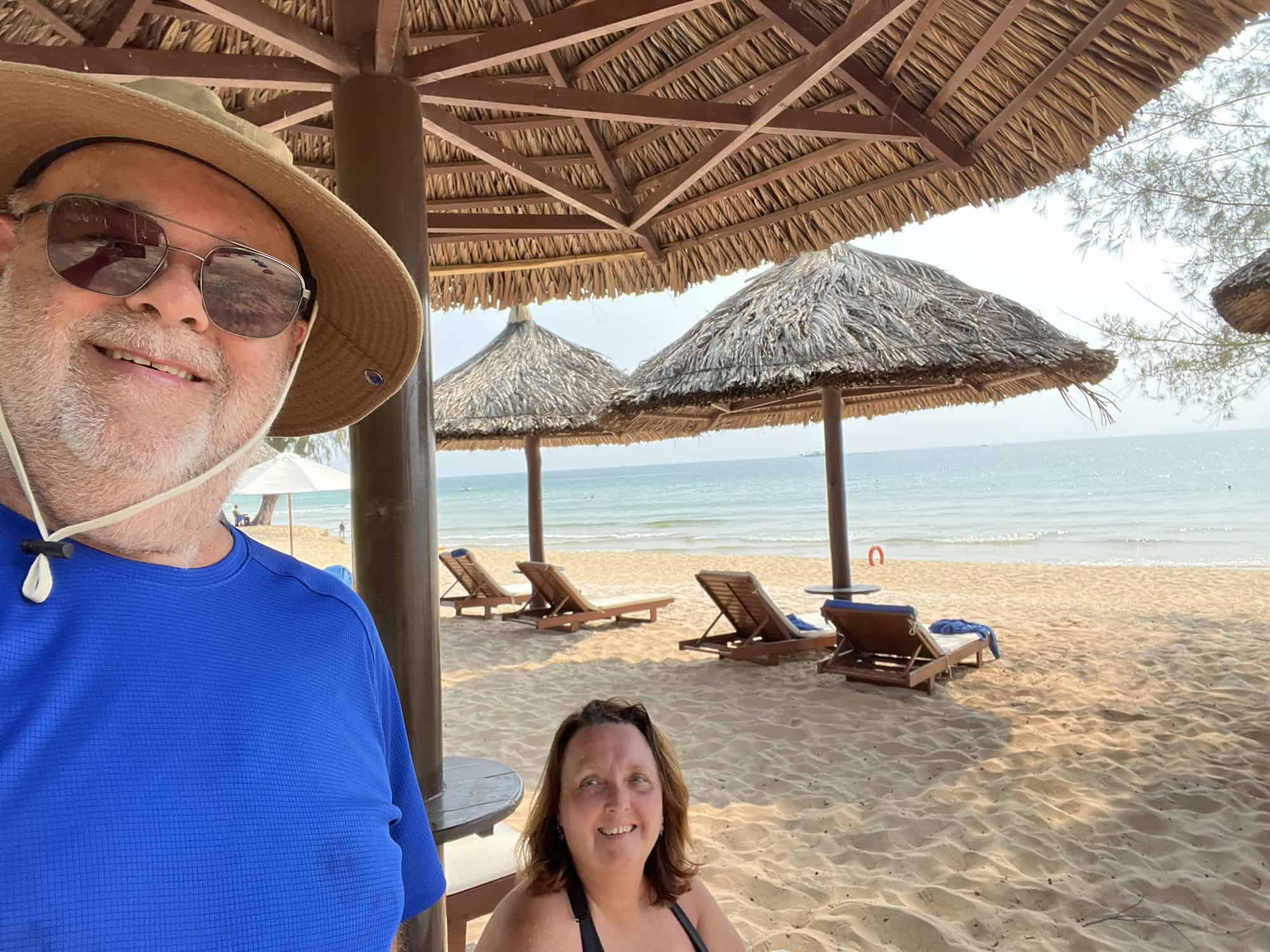
Working Out What “Floats Your Boat”
You are probably wondering where I’m going with this one, and no, I’m not suggesting that you should go on a cruise for your next trip. Unless that’s what floats your boat!
What I am trying to say is you should be considering what type of vacation you need to recharge yourself or to come home feeling that you really did have a holiday away from your daily madness.
Some of you will opt for the classic “flop and drop”, which is the type of vacation where you pick a Resort or other destination where your goal is just to arrive, chill out, and think about nothing but relaxation.
Whereas other people, like me, need to be constantly on the go. We have to be seeing or doing something new, learning about a culture and history, or eating local food. Doing nothing is not relaxing to us!
Wherever you fall on the travel spectrum you will quickly learn that a poorly chosen holiday style can almost be as bad as not travelling at all.
Choosing the Right Destinations
Not all destinations are created equal, especially when you’re trying to balance work and travel. It makes no sense to travel for 12 hours if you only have a weekend away. Here’s how to pick the right spots.
Short Getaways
For weekend trips, look for destinations that are close to home. Think about places you can reach within a few hours by car or a short flight. Not only will this save you time, but it’s also usually more affordable.
Long-Haul Destinations
If you have the time available to head off to fields afar, then the world really is your oyster (I never understood this saying, but anyway). Take the time to select the perfect destination for the experience you are seeking.
There is no point booking a trip around Germany if you love to vacation at the beach, or book a trip to England if you are a foodie. (Sorry England, we know you are working hard to change that old reputation)
Making the Most of Your Time at the Destination
This is particularly important for shorter trips but still has some relevance across the board. Here’s how to maximize your time at your destination.
Prioritizing Must-See Attractions
Before you go, research the top attractions and experiences in the area. Make a list of must-see spots and plan your visit around them. This way, you won’t miss out on the highlights, even if your time is limited.
If you only have a few days, but feel that this is a place you could easily spend a lot more time in the future, maybe don’t go rushing around to pack in as many activities as possible.
Instead, slow down and spend your limited time getting a feel for the place, and do all the other stuff next time but at a slower pace.
I’m sure we’re not the only travellers that have been looking forward to visiting a place, have a quick first visit, and end up being so busy we never really got to appreciate the place.
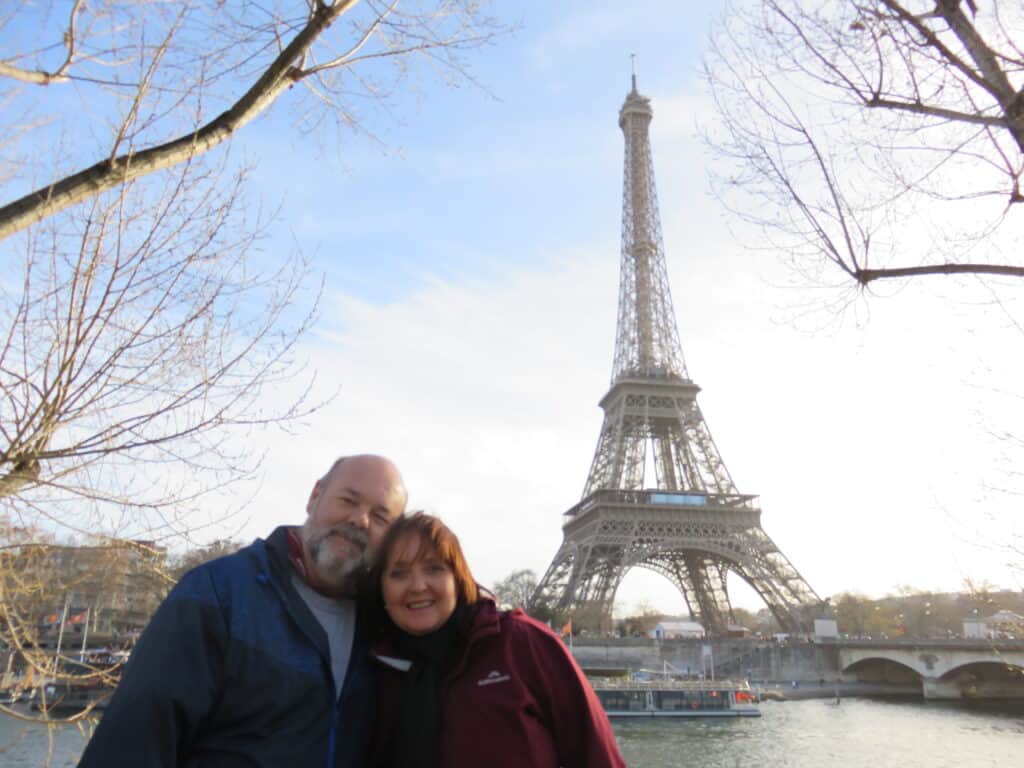
The first time we visited Paris was for three days. We raced around the city ticking off all of the main tourist attractions, but never slowed down to truly feel why the city was so highly regarded.
We were so disappointed that we almost didn’t ever go back. But we did, and this time took a week to appreciate the city as more than a collection of iconic buildings and places. And this time we enjoyed it much more.
Embracing Local Culture
One of the best parts of travel is immersing yourself in the local culture. Engage with locals, try the regional cuisine, and participate in cultural activities.
It’s certainly not impossible to achieve this on a weekend visit, as long as you make the effort to stop and take it all in, rather than doing as we did in Paris, just collecting tourist photos.
Learning about and experiencing different cultures is the greatest reward from travelling. It will make you a better person, more rounded, inquisitive, tolerant, and appreciative of what you have.
Budget Planning for More Travel
Travelling can be expensive, which means it can also be difficult while also balancing the usual costs of your daily life. But with some planning and prioritising where your money goes, it can fit into your budget.
Budgeting for Travel
There are two ways to go about budgeting for travel:
- The first option is to pick a date you plan to travel in the future and then research where you can visit with that amount of money.
- The second option is to select a future destination and then calculate how long it will take to have the money to get there and have the type of experience you are looking for.
The most important consideration is something I mentioned above, if you are serious about maximising your part-time travel then you have to get serious about prioritising your travel savings.
The other way we stretch our travel dollars is by doing simple things like booking flights in advance, choosing budget-friendly accommodations, or cooking some meals while we are away. The savings add up quickly.
Be Flexible Whenever You Can
There are many ways that your travel flexibility can stretch your budget. Let’s take a quick look at some of the main options:
- Prices at any destination can change dramatically throughout the year, which means you could save huge amounts of money by doing something as simple as moving your travel dates by just a few weeks. Avoid peak seasons if possible.
- If you are looking for a certain type of vacation, and thinking of a particular place, why not look for other places that offer a very similar experience for a fraction of the price?
Maximizing Travel Rewards
These days it’s easy to find credit cards that offer travel rewards. You don’t need to go crazy and spend more than you can afford to just to accrue some extra points.
It’s better to ignore that you are even earning points. Simply by paying as many of your regular bills and daily expenses on that card, the points will grow. Just make sure to pay the card before the due date… an overdue fee could cost you more than the points you may have earned that month.
Learning from Your Travel Experiences
Each trip offers valuable lessons that you can apply to your life, and your future travel. Use each travel experience to improve the next one.
Maybe your latest trip taught you a new way to save some money by doing certain things while you are away or helped you to find a new and better way to balance work and travel.
Or you worked out how you can cut down on the amount of clothes you pack without leaving you short of a suitable outfit. There are always lessons to be learned, and they can definitely improve your future travels.

Dean’s Expert Travel Agent Tips
From my years in the Travel Industry I have picked up a few tips that can help you save money on your travel and help you make the most of your hard-earned vacation time. Let’s have a look:
Sign up to all of the travel discount websites
There are so many options now from websites sharing crazy travel deals, so why not get on their email list and have them send the deals straight to your Inbox?
In Australia we have sites like IknowthePilot.com.au, Scoopon.com.au, LuxuryEscapes.com, TripaDeal.com.au and more. You can find some amazing deals through websites like these.
Avoid travelling during school vacation time
One of the best things about reaching a certain age is that you no longer need to plan your vacations around when the kids are not in school, and this can make a huge difference as far as prices go.
In Australia, our major school break is through January, and prices can be ridiculously high. But delay your travels until late Feb or early March and you can find flights and hotels up to 50% cheaper.
I also know the same to be true around Spring Break in the USA, with prices much higher than at other times of the year.
Years ago we tried to book a resort at Playa del Carmen in Mexico not knowing that it was during Spring Break. We certainly got a shock when we compared the prices to the same place the following month.
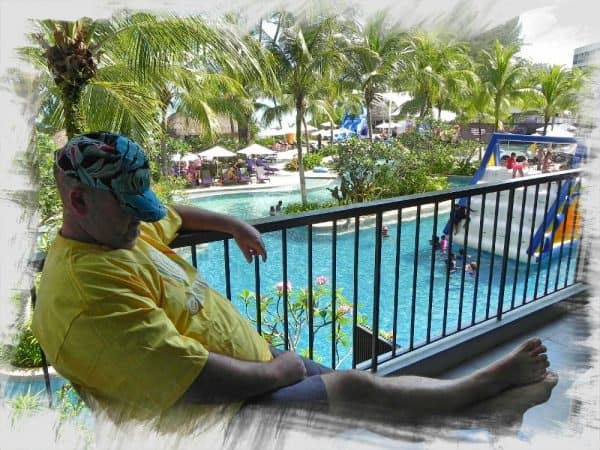

Understand how Airline prices work
If I had a dollar for every time someone asked me why an airfare price had changed overnight…
It doesn’t make sense to a lot of people how an economy ticket can vary so much on the same flight. And the answer is simple but the airlines do their best to complicate it.
Airlines use “Booking Classes” to divide up the seats on each flight, and each Booking Class has a price, and a predetermined number of seats at that price. But each class also has different rules as well.
If you book at the cheapest price in the cheapest class you may notice that it is non-refundable and non-changeable, meaning that if you can’t fly for some reason then you have lost your money.
The next cheapest class may cost a bit more money but comes with an option to change your flight or cancel for a fee. While the most expensive class may offer free cancellation or booking changes.
And remember that it’s not just a matter of choosing your prefered class, but they also only offer a limited number of seats at that price. You may be happy with the cheapest ticket with no cancellation option but if those seats are sold you will have to pay more for the next class.
It is also possible that you can search later and find a cheaper price! How? You ask.
Travel Agents are allowed to “hold” seats for 24 or 72 hours while clients decide if they wish to book. Doing this temporarily removes those seats from sale and may mean you only have access to the more expensive seats.
If the client decided not to purchase the tickets then the cheaper seats are released back into the market and are again available for you to buy.
Search for prices in “Incognito” mode
Companies that sell online can be sneaky bastards at times, and airlines and their agents are no exception. Using Cookies, they can tell when you keep searching for the same flight (or hotels) and slightly raise the prices each time you visit.
Their logic is that you are getting more serious about your decision and that means you might be willing to pay a few more dollars. It’s very annoying but there is a workaround.
Always search for flights and accommodation in “Incognito” mode on your browser. This refreshes cookies on your search and the website does not know that you have been looking for the same thing earlier.
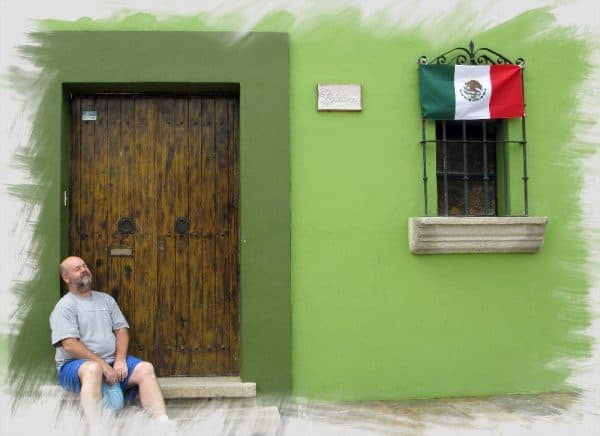

Is there somewhere closer that’s just as good?
Maybe you have particular type of vacation in mind and a certain destination seems like the obvious choice. The only downside is that getting to that place takes a huge chunk of your vacation time.
I recommend you do a little research to find out if there is another place that offers a similar experience but with a much shorter travel time. Let’s look at an example:
- You live near Sydney and want a relaxing vacation with a pool and maybe some snorkelling. Immediately you think of Phuket. Unfortunately the 9 hours of travel each way really hurts your 5-day vacation.
You do some research and Vanuatu becomes an option. Nice pool…check, good snorkelling… check. And only 3 hours away! Bingo.
It All Comes Down To This
Travelling while working full-time is a balancing act, but it’s entirely possible with the right approach. By planning strategically, choosing the right destinations, and maintaining a balance between work and leisure, you can enjoy the best of both worlds.
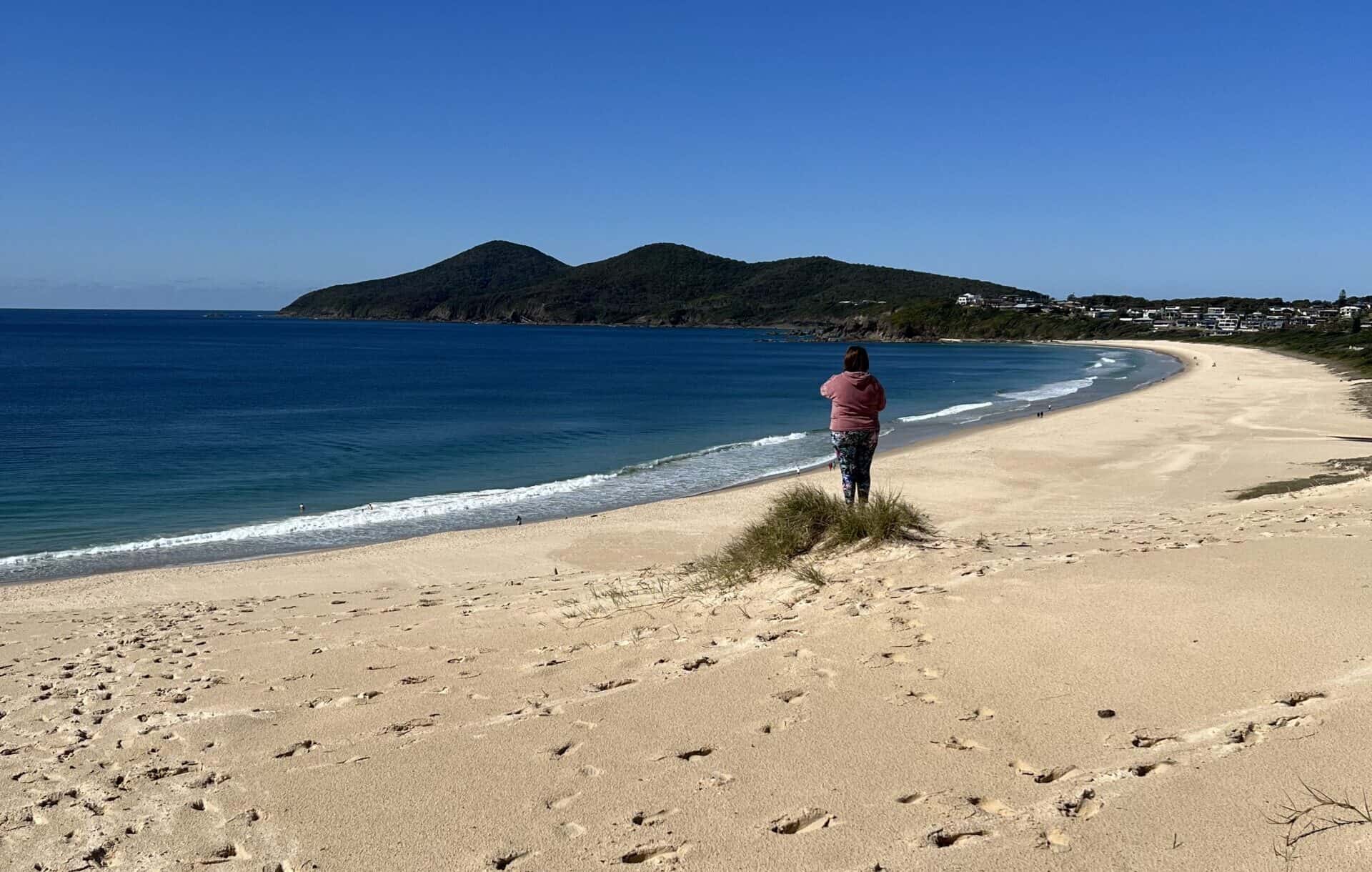
Don’t wait until retirement to see the world, start now, and let each trip be both a chance to recharge your batteries and a means to help you live a more fulfilled life.
What it all comes down to is a few simple points. If you want to maximise your travel opportunities before you reach retirement age you need to keep these things in mind:
- Be creative with how you use your vacation days.
- Is it possible to work remotely or take a sabbatical from work?
- Prioritise your travel savings over other non-essential things in your life.
- Find cheaper alternatives that offer a similar experience to a more popular destination.
- Is it cheaper if you travel at a different time of year?

